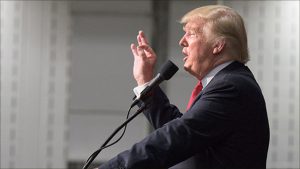
Indiana bicycle manufacturer’s push puts it at odds with much of industry
Guardian Bikes has proposed to the federal government that aluminum and steel in imported bicycles, bicycle frames and certain parts, as well as e-bikes, be subject to an additional 50% tariff.













